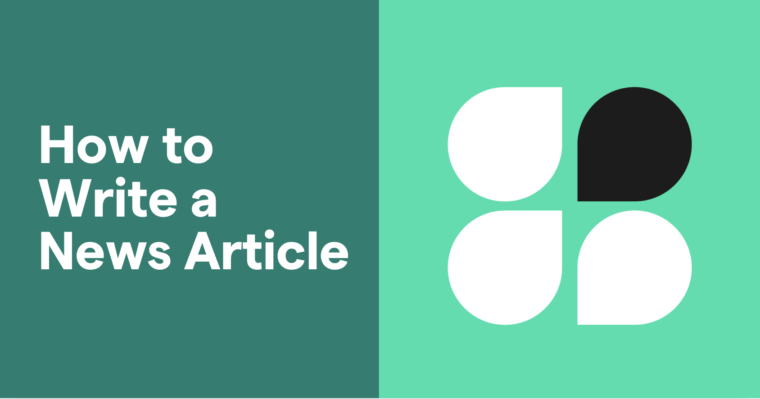
The word blog can be intimidating for people who are not professional writers. I remember my first blog post taking seven hours to write. It wasn’t because I was writing an epic 30,000-word blog post. It was because I was moving at a snail’s pace. Every few sentences, I would stop to re-write or edit.
I’m writing this blog post for those people who find it difficult to put 1,000 words on paper in less than an hour. Most people have this problem, so I hope you’ll find these tips useful!
”1” Answer questions.
Your readers have questions. Use a specific question as the title of your blog post. The answer to the question is your blog post content.
”2” Create an outline prior to writing.
Don’t sit down to write a blog post without creating a framework. The outline will be your guide and make it much easier to keep the flow of your blog post moving forward.
”3” When writing your blog post, don’t stop writing until you’re 100 percent finished.
This was my biggest mistake. Get your blog post on paper, no matter how ugly it looks. Once you’re finished, go back and edit. Do NOT edit while you write. It will slow you down and interrupt your flow. Use Grammarly AFTER you’ve got your blog post on paper.
”4” Write five hundred words, minimum. Fifteen hundred words is ideal.
I realize fifteen hundred words may seem like an impossible task when you first start writing, but I promise it’s not. Study after study shows longer blog posts attract more links, likes, and shares.
”5” Don’t forget about bullet points, numbers, and pictures in your blog post.
Make each blog post easy on the eyes.
”6” Evergreen blog posts will provide the most bang for your buck.
An “evergreen” blog post is a blog post that will be popular several years from now. Typically, these are “how to” or list-type blog posts (like this one).
”7” Be passionate in your writing.
People respond to emotion. Aim for creating some kind of emotional reaction with your reader.
”8” Write as if you’re speaking to ONE reader.
Don’t write to an audience. Act is if you’re talking to ONE person and write accordingly.
”9” Learn to become a great storyteller.
The best writers are storytellers. Try to incorporate a story in every blog post.
”10” Be honest, humble, and personable.
Nobody likes a know-it-all. The more personality you can show in a blog post, the better. You’re not writing for your college English professor. You’re writing for the amusement of the reader. That’s a big difference.
”11” Use a kitchen timer or unplug your laptop to create a sense of urgency.
I don’t believe in “writer’s block.” However, I do believe in “writer’s procrastination.” I avoid procrastination by playing a game with myself. I unplug my laptop and start writing. I have an older laptop with a short battery life (about seventy minutes). I must finish my blog post before the laptop dies. If you have writer’s procrastination too, try playing this game. You’ll love it.
”12” Solve problems.
People have all kinds of different problems. If your blog post solves a problem, you’ve provided value to your reader.
”13” Stop talking about yourself.
People don’t like authors who talk about themselves all the time.
”14” Write for your audience, not Google.
It could be tempting to stuff keywords in the title or copy of your blog post in hopes Google will rank you for a specific keyword. Stop that right now. It’s not 2007 anymore. Today, you need to write for your audience. If your audience finds your content valuable, Google will catch up eventually.
”15” Define your ideal target audience prior to writing.
Be extremely precise. Is your audience male or female? Young or old? Poor or rich? Educated or high school dropouts? The more specific you are when creating your market persona, the better.
”16” Have fun!
Blogging is like working out. If you avoid it and have a bad attitude, blogging becomes like a chore you never want to finish. However, if you have a good attitude and realize that blogging is not a life-or-death exercise, you’ll have fun and look forward to blogging every day!
Rich Spaulding is the author of 416 Online Marketing Tips for Real Estate Agents. Rich is an expert in lead generation, SEO, and content marketing.





